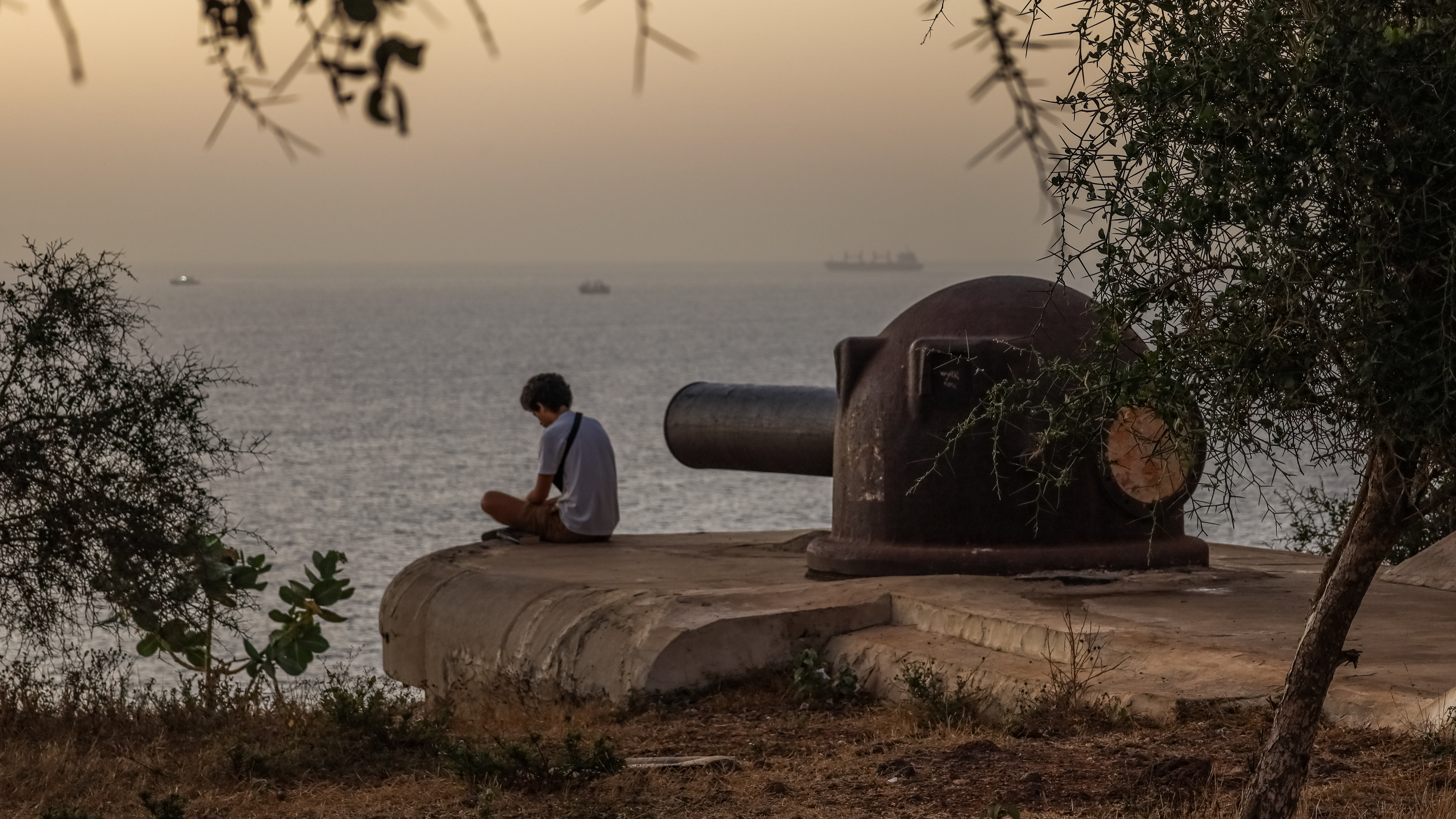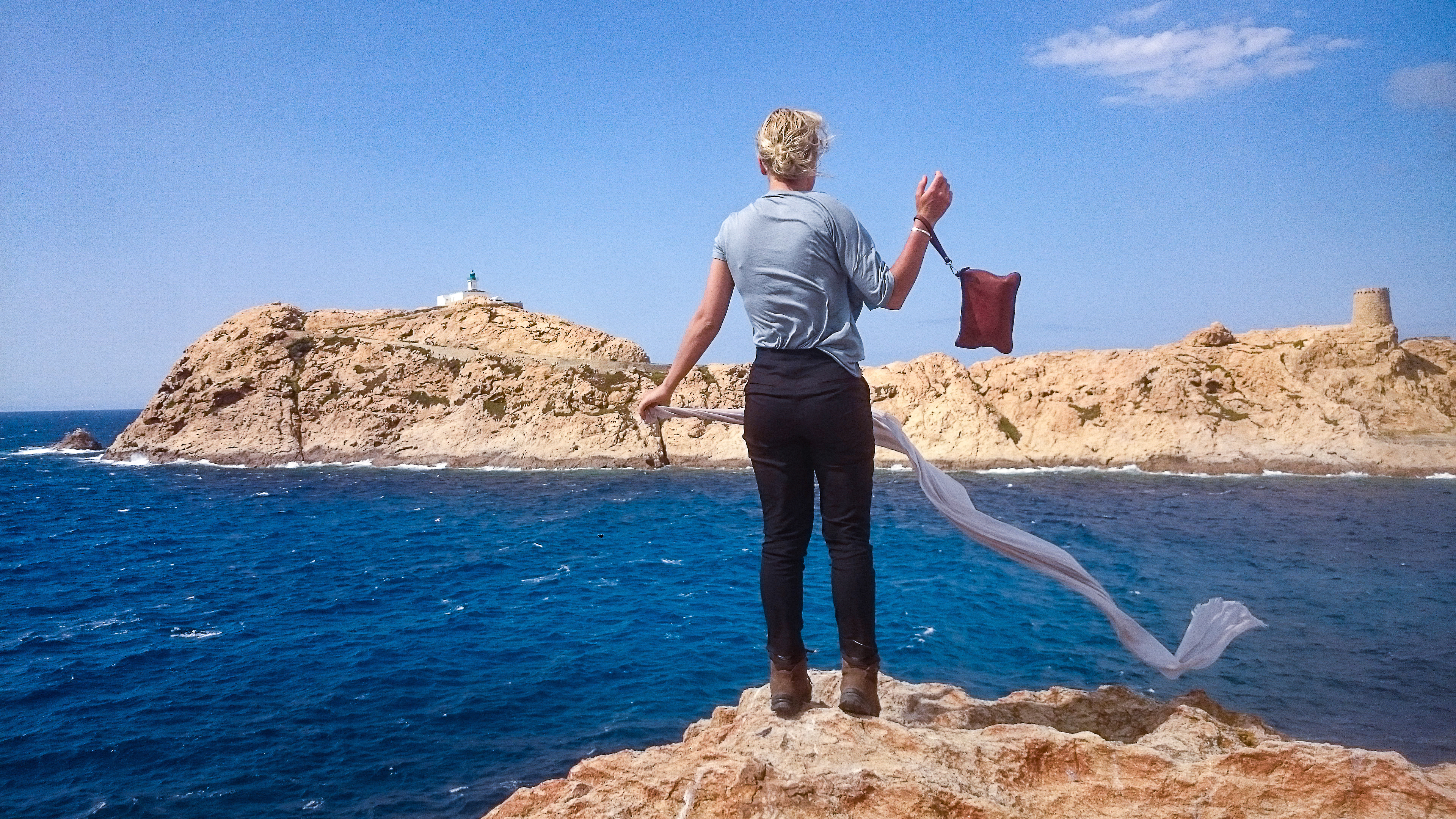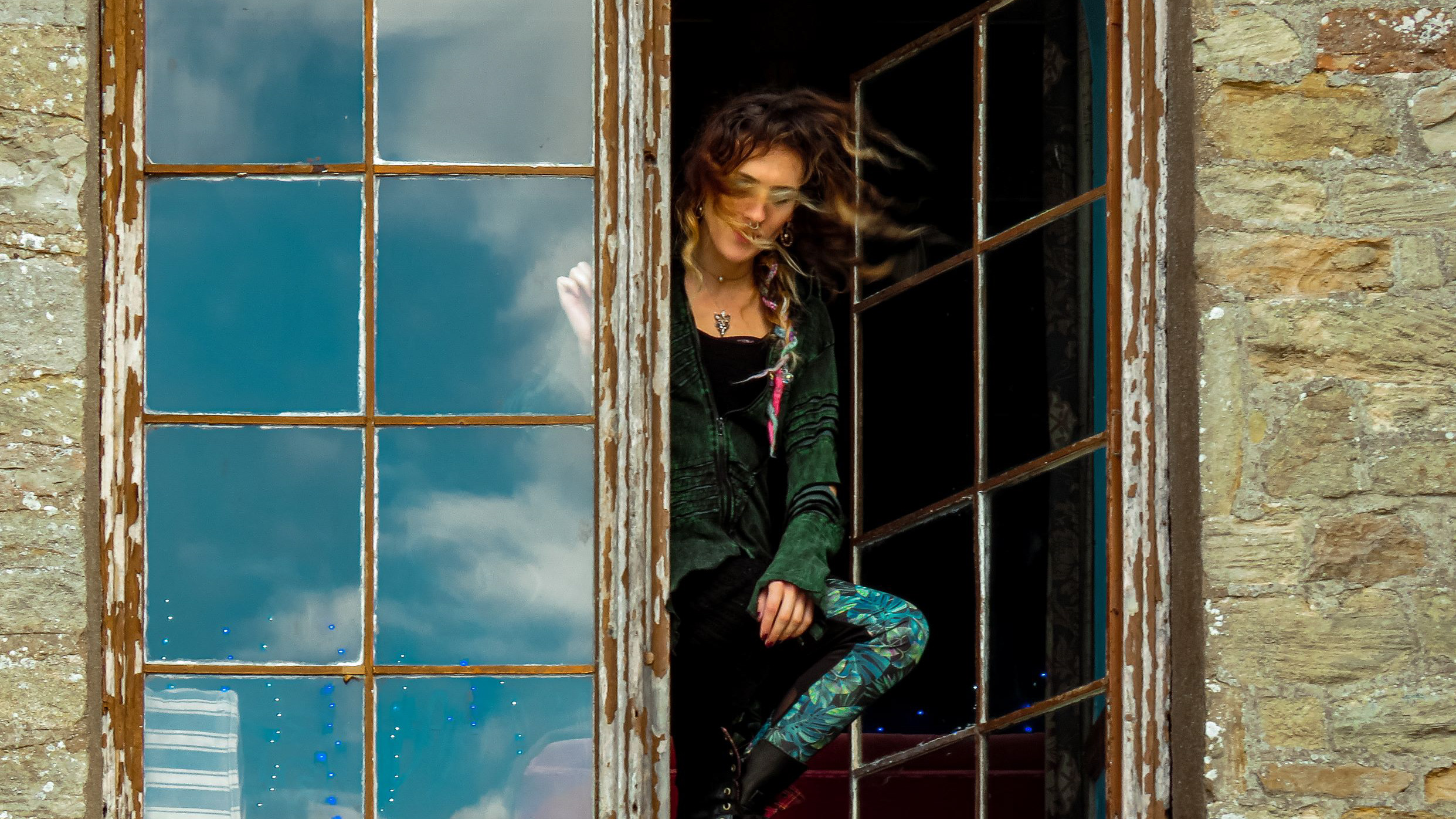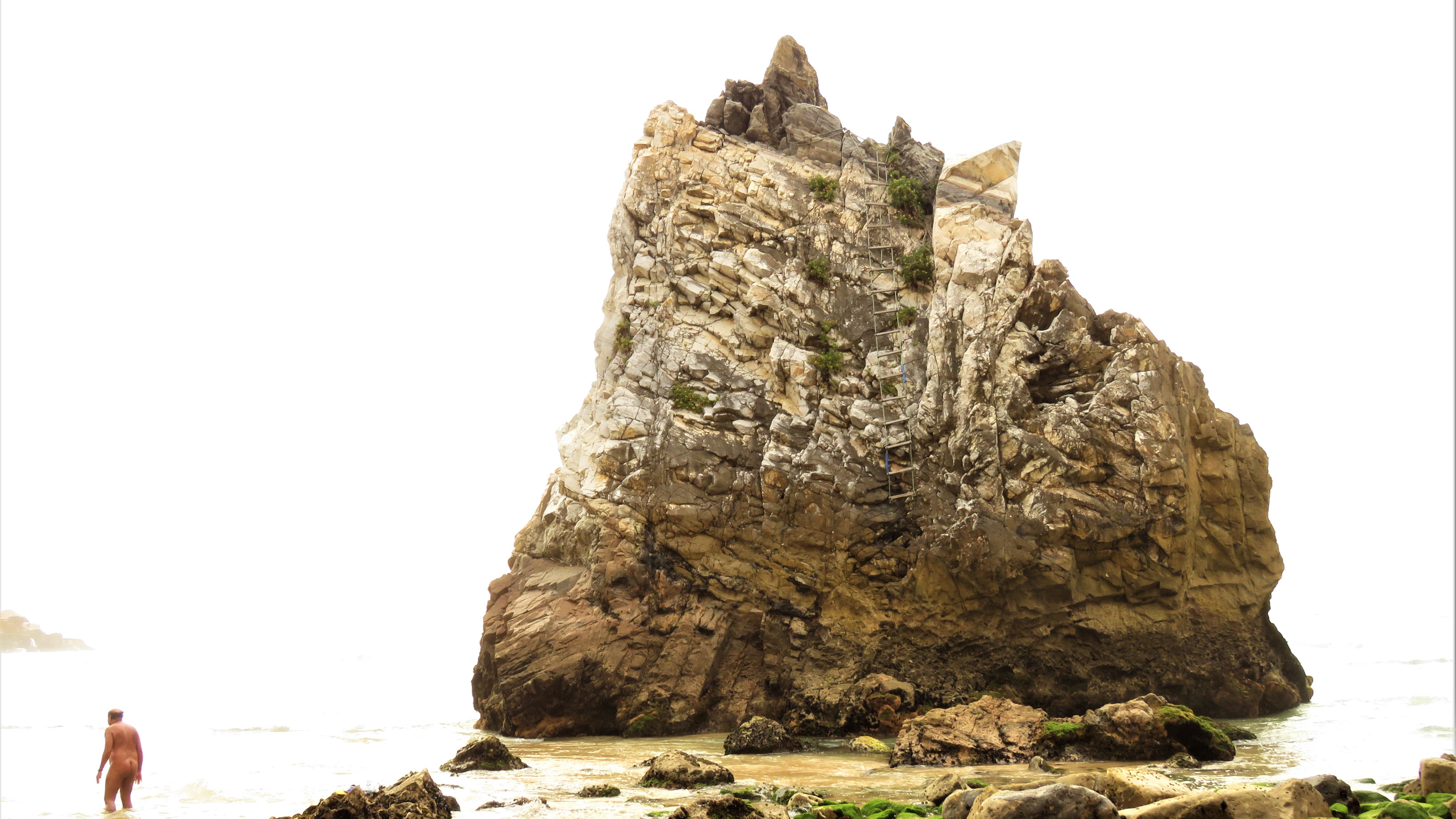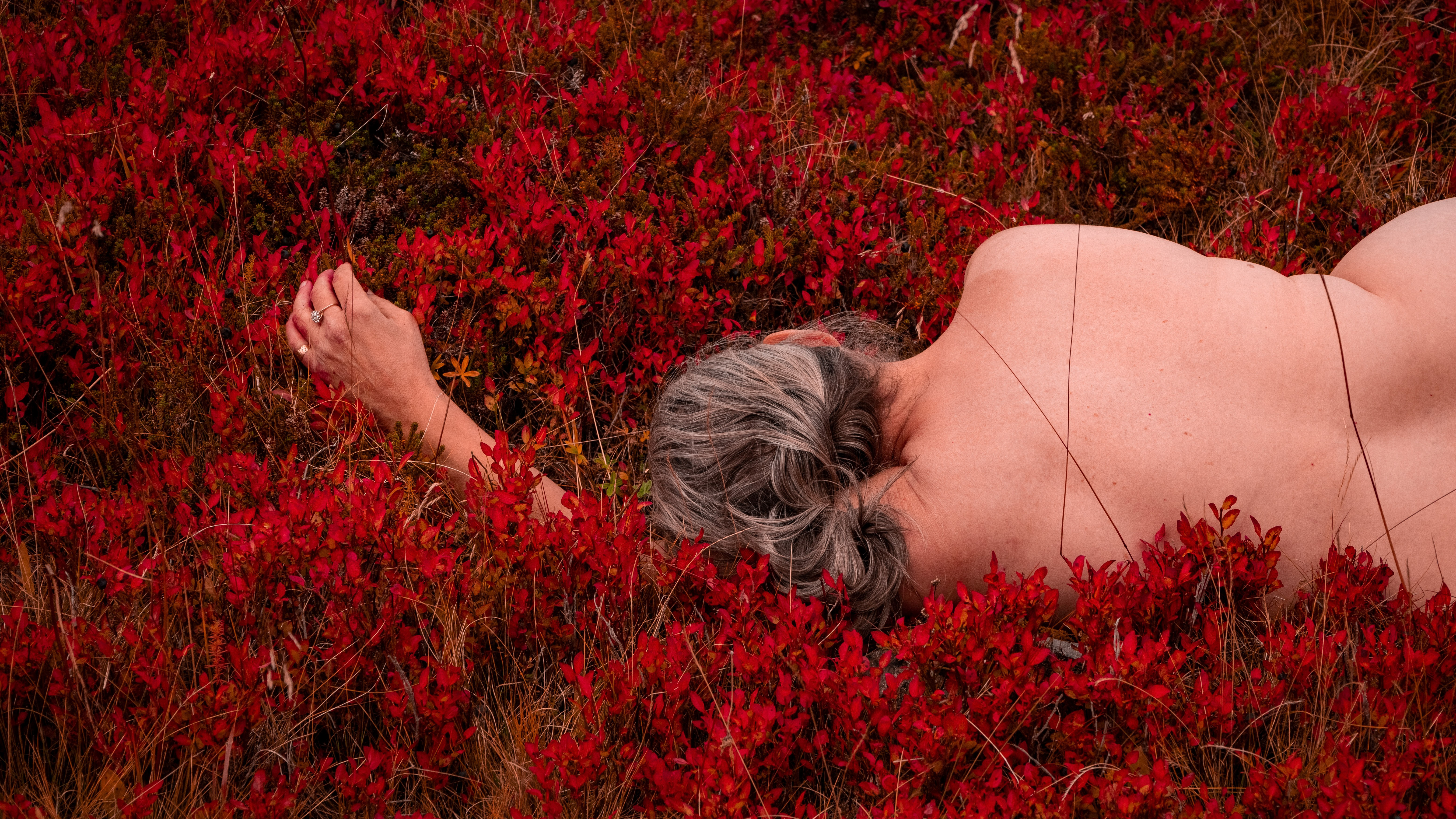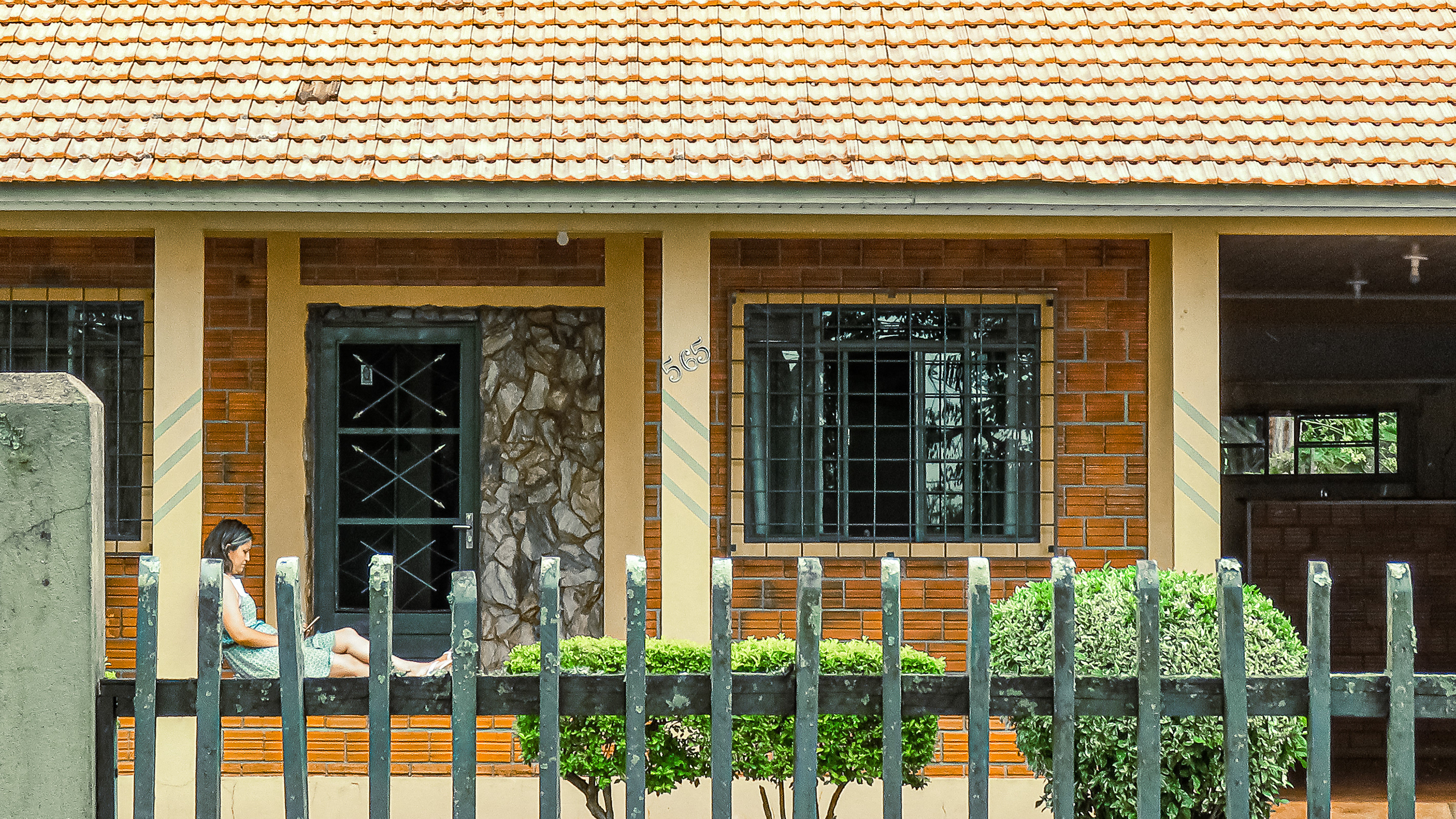There is nothing like the smell of a new book. If it’s a colourful cookbook, a famous novel or a study notebook, the scent of fresh paper has a particular type of adrenaline rush. The excitement of starting something new and unknown.
One of my favorite things in my youth, each year in the last days of the summer vacation, was to march with my mom to the small old bookstore to get all the workbooks for the new school year. The bookstore was always crowded with people and packed with stacks of workbooks till one could barely pass through the aisles. While my mom waited patiently in the queue, I would wander the store, sniffing the different goods on the shelves like I was a Michelin star chef visiting the local fish market. The bleached pages were so white, creating a sharp contrast to the words printed with black ink. To my disappointment, while flipping through the pages and opening my nostrils to get a whiff of new beginnings, my mom was negotiating with the cashier the possibilities to equier odorless second and third hand books.
One of my favorite things in my youth, each year in the last days of the summer vacation, was to march with my mom to the small old bookstore to get all the workbooks for the new school year. The bookstore was always crowded with people and packed with stacks of workbooks till one could barely pass through the aisles. While my mom waited patiently in the queue, I would wander the store, sniffing the different goods on the shelves like I was a Michelin star chef visiting the local fish market. The bleached pages were so white, creating a sharp contrast to the words printed with black ink. To my disappointment, while flipping through the pages and opening my nostrils to get a whiff of new beginnings, my mom was negotiating with the cashier the possibilities to equier odorless second and third hand books.
New year, new class, new knowledge. Same old bag from the 4th grade with someone else’s books who lost their smell of promises long ago.
For a single parent with a below average salary, my mom did the right thing; but I still resented her after seeing all my classmates with their shiny new gear and books that had never been scribbled on by an anxious teenager. My frustration was not about what I had, it was due to the contrast between what I didn’t have and what others did.
For a single parent with a below average salary, my mom did the right thing; but I still resented her after seeing all my classmates with their shiny new gear and books that had never been scribbled on by an anxious teenager. My frustration was not about what I had, it was due to the contrast between what I didn’t have and what others did.
I see the symbolic contrast between black and white, and the tension between rich and poor manifests in my visit to Cape town. The scenic city, laying on the plains and hills of the Cape of Good Hope, has ironically been a place of tension and divide throughout history. Fancy mansions surrounded by hectares of vineyards just a few kilometers away from crowded slams lacking running water or electricity. 3–4 stories colourful villas caged by electric fences, which at their gate a homeless man is sleeping wrapped in dilapidated blankets. A single barbed wire wall divides Gated ghost communities from forgotten townships where black kids run the streets barefoot.
Apartheid has been outlawed in 1994 but change is slow. In spite of new progressive policies; government incompetence, corruption, and poor economic policies have stifled economic growth and impeded the upliftment of poor South Africans into the middle class. Poverty and wealth here are still very much black and white.
Apartheid has been outlawed in 1994 but change is slow. In spite of new progressive policies; government incompetence, corruption, and poor economic policies have stifled economic growth and impeded the upliftment of poor South Africans into the middle class. Poverty and wealth here are still very much black and white.
Thabo and I are sitting on a balcony in the busy Long Street in downtown Cape Town, watching passersby. Long street with its loud bars and restaurants is one of the only spots in Cape town where skin colour doesn’t play a role. Tourists and locals, blacks and whites, rich and poor come here to drink, dance and socialize.
Thabo came here a few days ago to take a break from his demanding schedule in law school in Johannesburg and enjoy the pace of the only gay-friendly city in all of Africa.
Thabo came here a few days ago to take a break from his demanding schedule in law school in Johannesburg and enjoy the pace of the only gay-friendly city in all of Africa.
Born and raised in a small village in the northeast of the country on the edge of Kruger nature reserve, Thabo grew up in a very protected environment. With just a few families dwelling in the small village it was almost impossible to hide. “Everyone knew I was gay before I even knew what gay is…” He laughs. “I was the stereotypical flamboyant kid who always played with dolls when all the other boys played with trucks, and even though it felt very natural for me, it bothered others.” He stops for a second, distracted by a handsome guy passing by the hair salon. “I was lucky to have a strong protecting family so I didn’t pay much attention to what other people thought, but at some point the bullying became unbearable. So I had to tone myself down and ‘fit in’.”
This might be a traumatic experience for some but Thabo seems to have an exceptional life force that is hard to break. He swears that despite those experiences, the small village is and always will be his home.
This might be a traumatic experience for some but Thabo seems to have an exceptional life force that is hard to break. He swears that despite those experiences, the small village is and always will be his home.
“We are a tight unit of families who take care of each other and keep being in close relationships, our values override the differences.” Those values which characterize many of the small villages in South Africa have a name in the local language, It’s called “Ubuntu”, a term Nelson Mandela coined after the end of the apartheid regime. “It’s not just looking after one another, but also a feeling of welcoming strangers and treating them as your own brothers and sisters. The big towns are losing it nowadays and folks don’t care, but the villages still have it. That’s why I never really wanted to leave and even now while studying for my university degree in Johannesburg I come back home frequently. This is where I feel the happiest.” He smiles while his eyes cruise after another handsome bloke walking the street below us.
Romantic nostalgia aside, Thabo is now exposed to the urban way of living where more options are available if you have enough resources. Billboards, shop fronts and the lifestyle of middle and upper-class folks inspire him to get more out of this life rather than settle for the simplicity of living in a small condo in a forgotten village.
“Growing up I never thought I was poor. My world ended a few hundred of meters after the last row of houses. I had everything I needed, or more exactly, everything I thought I needed, inside the village. I still remember my first time visiting the neighboring big town, seeing all these (white) people with big houses and big cars. I Suddenly grasped the concept of wealth, and poverty, and realized that I was on the lower hand. My next thought was — Why?”.
In the era of apartheid in South Africa, the division of wealth and power was clear and racial. If you were not born in the right colour, your chances of climbing up society's ladder and reaching a higher living standard were very slim. Times are changing now, even if slowly, and with better social mobility more colored people like Thabo are working hard to achieve the life they are inspired to have. Thabo deserves a better life, no doubt, but in the big scheme of things, there might be a problem. In a world that is gradually being buried under massive consumerism, if all people will have the privilege to match their lifestyle to those who set the tone on magazines, instagram and the streets of our cities, will we be able to support our basic life system? And even if we have more, it will never be enough, as others will also have more; and that is the kind of race driving us to push beyond the boundaries of our ecosystem.
“Growing up I never thought I was poor. My world ended a few hundred of meters after the last row of houses. I had everything I needed, or more exactly, everything I thought I needed, inside the village. I still remember my first time visiting the neighboring big town, seeing all these (white) people with big houses and big cars. I Suddenly grasped the concept of wealth, and poverty, and realized that I was on the lower hand. My next thought was — Why?”.
In the era of apartheid in South Africa, the division of wealth and power was clear and racial. If you were not born in the right colour, your chances of climbing up society's ladder and reaching a higher living standard were very slim. Times are changing now, even if slowly, and with better social mobility more colored people like Thabo are working hard to achieve the life they are inspired to have. Thabo deserves a better life, no doubt, but in the big scheme of things, there might be a problem. In a world that is gradually being buried under massive consumerism, if all people will have the privilege to match their lifestyle to those who set the tone on magazines, instagram and the streets of our cities, will we be able to support our basic life system? And even if we have more, it will never be enough, as others will also have more; and that is the kind of race driving us to push beyond the boundaries of our ecosystem.
Doesn’t it make more sense to ask those on top of the pyramid to learn more from Thabo’s village and invest their time and energy in the relationships in their life rather than the materialistic things that make them unique, established and maybe also isolated.
Grounding our desires and leveling down our consumption will save us a lot of sweat, tears and emissions. In turn, investing our resources in education and distributing wealth to those who are less fortunate will level up the disparity from the bottom up. A world with less contrast is a world with fewer conflicts and that is where everybody wins.
Grounding our desires and leveling down our consumption will save us a lot of sweat, tears and emissions. In turn, investing our resources in education and distributing wealth to those who are less fortunate will level up the disparity from the bottom up. A world with less contrast is a world with fewer conflicts and that is where everybody wins.
Thabo browses through my Instagram account admiring pictures from my travels around the world. I am a part of the problem. Consciously I post pictures of simplicity rather than hedonism, but for someone who never left his own continent, such visuals spark the eyes.
“I want to be rich enough to travel the world as you do,” he says, “I feel like I haven’t seen anything.”
“Yet you have all the answers already”, I smile at him. One doesn’t need to travel across oceans and mountains to find what makes one happy. Sometimes the truth about living fulfilled life is buried in one’s backyard. “You can wander around the world in 80, 800 or 8000 days and you will end up where you started”, I tell myself out loud and turn my look to Thabo, “In that sense you are luckier than any of those you look up to”.
“I want to be rich enough to travel the world as you do,” he says, “I feel like I haven’t seen anything.”
“Yet you have all the answers already”, I smile at him. One doesn’t need to travel across oceans and mountains to find what makes one happy. Sometimes the truth about living fulfilled life is buried in one’s backyard. “You can wander around the world in 80, 800 or 8000 days and you will end up where you started”, I tell myself out loud and turn my look to Thabo, “In that sense you are luckier than any of those you look up to”.
=====
One thing I did forget from the pedestal of my not-so-white supremacy. Something that today, after living 7 years in Northern Europe, I take for granted. Something that gives me the privilege to ponder on life’s philosophy and the notion of home. Safety. In my home in Berlin in 2020 I feel safe. Physically safe. The authenticity and charm of tribal communities in third world countries are barren if you are stuck at the bottom of Maslow’s pyramid and fear is controlling your life.
4 months after our meeting in the vigorous Long street, Thabo’s brother was murdered during a robbery. He is his third sibling who died at a young age. The gunshot’s roar which cut the cord of his life was lost in tens of thousands of shootings committed every year in South Africa, but for Thabo, that single shot still echoes day and night.
4 months after our meeting in the vigorous Long street, Thabo’s brother was murdered during a robbery. He is his third sibling who died at a young age. The gunshot’s roar which cut the cord of his life was lost in tens of thousands of shootings committed every year in South Africa, but for Thabo, that single shot still echoes day and night.
As his brother was paying his tuition fees in university, Thabo had to put his studies on halt and now he is back in the village supporting his mother and family in their grief. Almost 30 years after the apartheid has diminished, it is still extremely challenging to break the glass ceiling of socio-racial class in South Africa. Finding a job, especially during the crisis of Covid-19’s pandemic, is almost impossible and without financial support, Thabo will not be able to finish his Law studies.
His voice is different now I notice, as we exchange voice messages on a Wednesday night. Optimistic by nature, he tells me things will fall into place, but the gaps he takes for air between the words can’t lie. He is back in square one, held by a forlorn hope that one day he will win over his destiny.
His voice is different now I notice, as we exchange voice messages on a Wednesday night. Optimistic by nature, he tells me things will fall into place, but the gaps he takes for air between the words can’t lie. He is back in square one, held by a forlorn hope that one day he will win over his destiny.
=====
Memories of the poor townships on my way to Cape town’s airport flashback to my mind. I Imagine what it would be like to grow up in such a place, and suddenly my dissatisfaction as a child seems petty. I wish I had Thabo next to me back then, to put things in perspective and remind me that no matter where I thought I was, I had the safety and freedom to choose my life.
Sitting paralyzed in my current bubble in Berlin, I hope Thabo will be able to smell the fresh scent of new study books soon. Without anachronistic contrast of black and white or rich and poor, but with a harmony of colours who get all an opportunity to shine.
Sitting paralyzed in my current bubble in Berlin, I hope Thabo will be able to smell the fresh scent of new study books soon. Without anachronistic contrast of black and white or rich and poor, but with a harmony of colours who get all an opportunity to shine.
